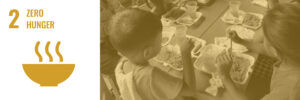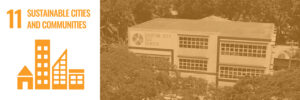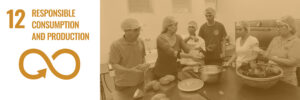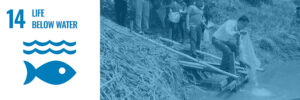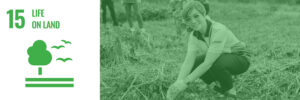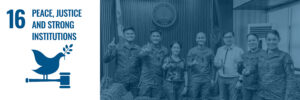2023 – Reports | SDG 12 – Responsible Consumption and Production

RESPONSIBLE CONSUMPTION AND PRODUCTION: FOOD MANAGEMENT
The ISU’s Food Innovation Center
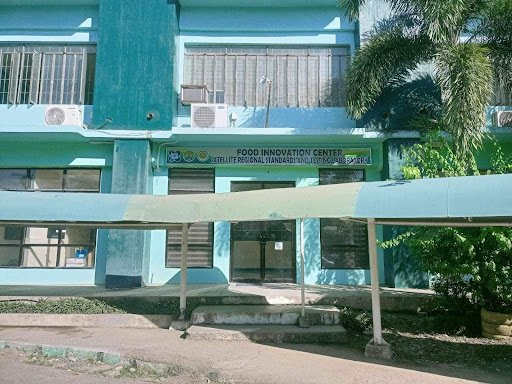
The establishment of the Food Innovation Center (FIC) at Isabela State University (ISU) marks a transformative step in advancing Sustainable Development Goal 2 (SDG 2), which focuses on achieving “zero hunger.” Located at the Cauayan Campus, the FIC is a cutting-edge food processing facility designed to enhance food security and promote sustainable agricultural practices throughout the Cagayan Valley region. By providing local food producers access to modern processing technologies, product development support, and packaging solutions, the center empowers them to improve the quality and competitiveness of their products in both national and international markets.
This provides comprehensive services to help food businesses develop and improve their products. One of the key services offered is product quality and process improvement, where businesses with existing food products can receive assistance in enhancing the quality of their offerings in aspects of sensory properties, shelf-life, and nutritional value. Additionally, the center guides packaging and labeling, helping businesses choose appropriate materials to enhance marketability, improve shelf-life, and ensure compliance with market and regulatory requirements for label design. The FIC also plays a crucial role in technology transfer, facilitating the transfer of food processing technologies to various stakeholders and investors.
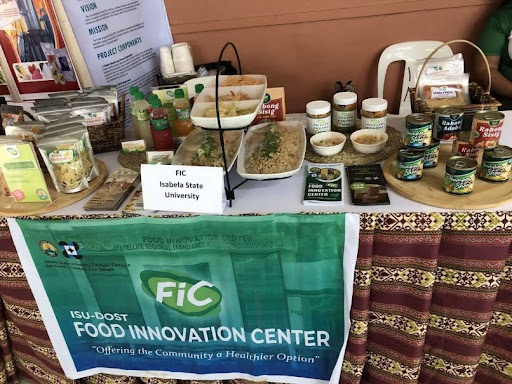
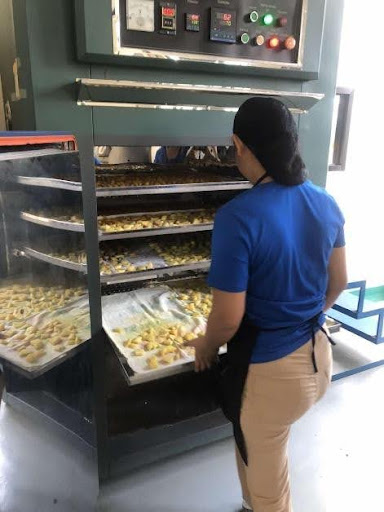
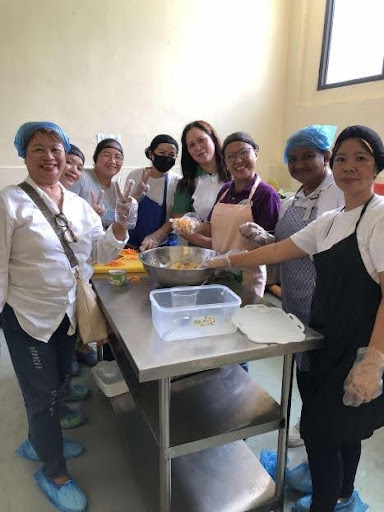
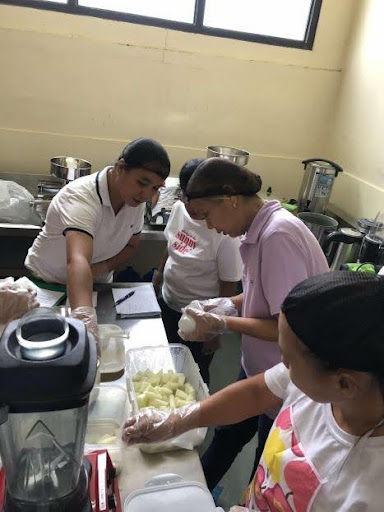
Local food processors can also benefit from the center’s shared facilities, including access to locally designed and fabricated food processing and packaging equipment. Technical training programs conducted by food product development and processing experts are also offered.
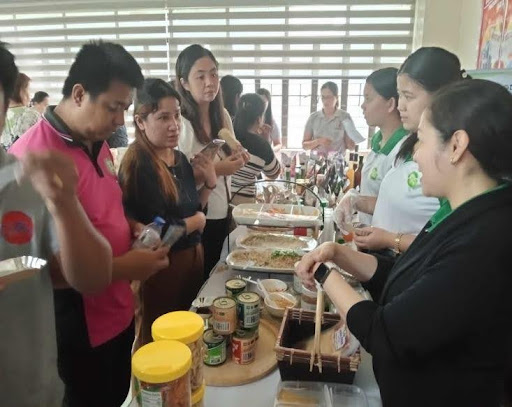
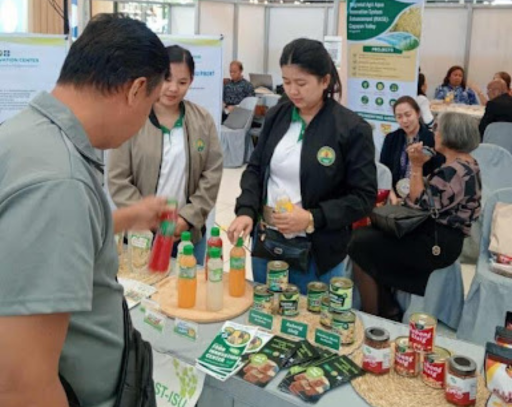
The ISU Food Innovation Center’s commitment to SDG 2 is evident in its multifaceted approach to enhancing the local food industry. By providing training, technology, and resources, the center empowers farmers and food processors to improve productivity, reduce food waste, and increase access to safe and nutritious food.
Healthy, Affordable and Sustainable Food Choices
At Isabela State University (ISU), our commitment to sustainability is reflected in the diverse choices available in our campus dining areas, which are designed to support Sustainable Development Goal 2 (SDG 2) — Zero Hunger. To put this commitment into practice among students, staff, and faculty, we provide a wide range of menu options that are healthy, affordable, sustainable and environmentally conscious.
To support this commitment, we maintain agreements with campus canteen owners to provide meals that cater to various dietary preferences, including vegan and vegetarian options. We prioritize sourcing ingredients from local farms and suppliers, which supports the local economy and reduces our carbon footprint. Our diverse menu includes various options catering to different dietary needs, ensuring that all students, staff, and faculty can find meals that align with their health goals and ethical values.
By making these nutritious and environmentally friendly choices accessible, we aim to promote a culture of wellness and sustainability throughout the ISU community. ISU actively contributes to reducing food insecurity through these initiatives while fostering a culture of sustainability on campus.
Building Sustainable Partnerships with Local Farmers and Food Producers
Fostering strong relationships with local farmers and food producers is a cornerstone of Isabela State University (ISU)’s commitment to sustainable agriculture and community development, directly addressing the pressing challenge of zero hunger. To facilitate this vital connection, the university regularly organizes approved training sessions and seminars that cover critical topics relevant to local agricultural stakeholders. These initiatives empower farmers with the knowledge and skills necessary to enhance their practices, improve food safety, and promote sustainability within the agricultural sector, all of which are essential components in the fight against hunger.
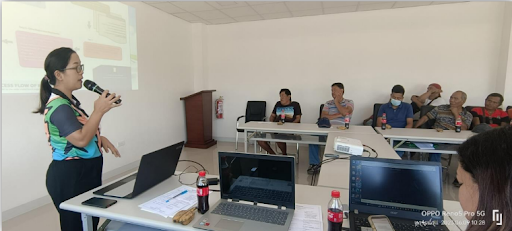
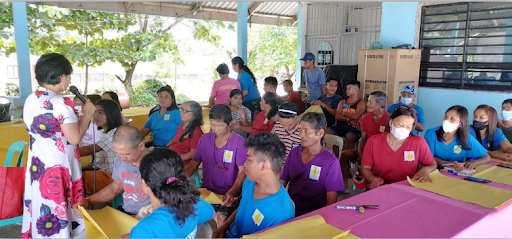
The training programs encompass a variety of subjects, including sustainable farming practices, pest management, soil health, crop diversification, and innovative farming techniques. By focusing on these sustainable methods, ISU aims to equip local farmers with the tools to increase productivity while minimizing environmental impact. This holistic approach helps farmers optimize their yields and contributes to the long-term health of the ecosystem in which they operate.
Ultimately, these efforts are designed to ensure a stable supply of nutritious food, thereby addressing food insecurity and advancing SDG 2 — Zero Hunger.
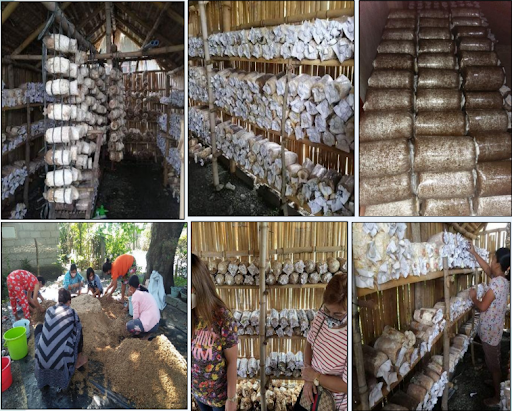
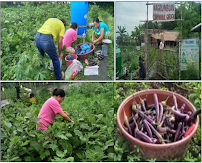
Food safety is another vital aspect covered in these training sessions. With increasing consumer awareness and demand for safe, high-quality food products, ISU emphasizes the importance of adhering to food safety standards. Workshops on proper handling, processing, and storage techniques are conducted to ensure that local producers can meet regulatory requirements while maintaining the integrity of their products. By prioritizing food safety education, ISU helps local farmers build trust with consumers and enhance their marketability, further contributing to a more secure food supply chain.
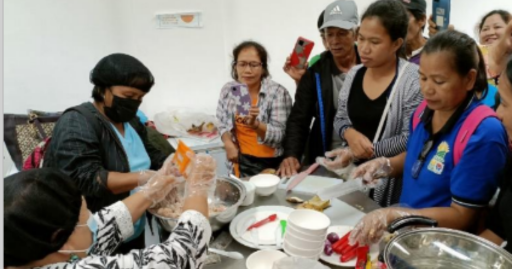
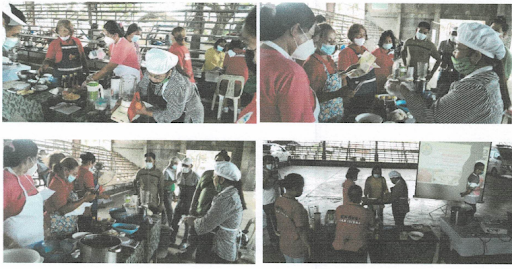
The seminars also serve as a platform for knowledge exchange between university faculty, researchers, and local producers. These events foster collaboration and innovation by bringing together agriculture and food science experts and practitioners. Participants are encouraged to share their experiences and challenges, creating a supportive community where solutions can be developed collectively. This collaborative environment enhances agricultural practices and strengthens the local economy by ensuring farmers can effectively meet community needs for food.
Through these comprehensive training programs and seminars, Isabela State University strengthens its ties with local farmers and food producers while playing a pivotal role in enhancing regional agricultural sustainability. By investing in the education and development of local stakeholders, ISU contributes significantly to building a resilient agricultural community that is better equipped to face the challenges of modern farming while ensuring food security for future generations. This commitment aligns seamlessly with the university’s broader mission of promoting sustainable development and fostering economic growth within the Cagayan Valley region, ultimately working toward eradicating hunger in all its forms.
Supporting Local Produce through ISU’s Farmers’ Market
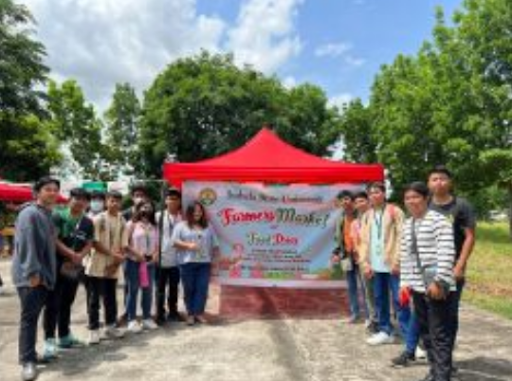
Isabela State University (ISU) exemplifies its commitment to Sustainable Development Goal 2 (SDG 2) — Zero Hunger — by establishing the ISU Farmers’ Market, a vital initiative to support local smallholder farmers and promote sustainable sourcing practices. This market is a direct platform for local producers to sell their fresh, nutritious products to consumers, enhancing food security within the community. ISU bolsters healthy food options by prioritizing the purchase of locally sourced goods.
The ISU Farmers’ Market is more than just a venue for transactions; it embodies the university’s dedication to fostering sustainable agricultural practices. By facilitating direct sales between farmers and consumers, ISU reduces the carbon footprint of transporting food over long distances, significantly contributing to greenhouse gas emissions. This localized approach supports environmental sustainability and strengthens community ties by connecting consumers directly with the farmers who grow their food.
In alignment with SDG 2, the Farmers’ Market is crucial in alleviating poverty and promoting food security. By providing smallholder farmers with a reliable outlet for their products, ISU empowers them economically, allowing them to sustain their livelihoods and invest in their farming operations. The market creates an ecosystem where farmers and consumers benefit; farmers gain access to a steady income while consumers enjoy fresh produce that is often harvested just hours before being sold.
Furthermore, ISU’s initiative includes a food drive component to combat student hunger while minimizing food waste. This proactive measure highlights the university’s commitment to ensuring that all members of its community have access to nutritious food. By redistributing surplus produce from the market to needy students, ISU addresses immediate hunger issues while promoting a culture of sharing and sustainability.
The Farmers’ Market also serves as an educational platform where community members can learn about sustainable farming practices and the importance of supporting local agriculture. Workshops and demonstrations are organized regularly, allowing attendees to engage with local farmers and gain insights into their food production. This educational aspect reinforces the connection between sustainable practices and food security, empowering consumers to make informed choices that contribute to a healthier community.
Through these initiatives, ISU cultivates a sustainability culture that benefits the campus community and the environment. As a result, the university exemplifies how collaboration and education can create a future where nutritious food is accessible to all while protecting our planet for future generations.
RESPONSIBLE CONSUMPTION AND PRODUCTION: ENERGY
ISU’s Energy Conservation Measures
In an effort to reduce energy costs throughout the system, the Isabela State University carries out with the implementation of its mandatory energy efficiency and conservation measures, exemplifying its commitment not only to SDG 7 but also to SDG 13.
- A memorandum has been issued reminding all employees to be mindful of their electricity consumption by turning off the lights and computers when not in use, adjusting the air-conditioning unit thermostat to not lower than 24 degrees, activating sleep settings on office equipment as well as keeping doors closed in air-conditioned spaces.
- Pursuant to Civil Service Commission Memorandum Circular no. 6 s. 2022, which provides flexible work arrangements in the government in the pretext of the evolving operations and service deliveries in the New Normal, ISU has adopted a four-day work scheme. This not only allows a wider adoption of emerging technologies and work arrangements, and provides an increase in the productivity and performance of employees but also supports the government’s effort for energy conservation pursuant to Department of Energy Department Circular No. DC2019-11-0014 and Administrative Order No. 103 s. 2004 of Malacañang directing the continued adoption of austerity measures in the government.
ISU’s energy conservation measures reflect a profound commitment to responsible energy consumption, driving the university forward into a more sustainable and efficient future.
ISU’s Grid-Tied Photovoltaic System
The Isabela State University’s Grid-Tied Photovoltaic System (GTPVS) represents a remarkable stride toward sustainability by providing affordable and clean energy solutions on campus through the development of a 20-kW roof-mounted Grid-Tied Photovoltaic System (GTPVS).
Situated atop ISU’s Climate Change Center building, GTPVS not only serves to address the heightened energy demands of the modern age but also plays a pivotal role in mitigating the adverse effects of climate change through sustainable energy practices.
Each day, this state-of-the-art system consistently generates between 5 and 10 kW of power, harnessing the sun’s energy from 7 a.m. to 3 p.m. Additionally, it has the capacity to export as much as 30 kW of surplus energy to the grid, with the peak export performance recorded in 2019, reaching a substantial 70 MWh.
The practical impact of the GTPVS is vividly demonstrated by a significant reduction in electric bills, amounting to a remarkable ₱32,677 in savings. This financial transformation was achieved by reducing power consumption from 4,736 kWh to 1,237 kWh, thus cutting the expense from ₱44,232.49 to a mere ₱11,555.45.
Since its installation on December 11, 2017, it has offset an impressive 41.71 tons of carbon emissions, a contribution equivalent to planting 112 trees, demonstrating its impact not only on SDG 7 but also on SDG 13 – Climate Action, highlighting both the economic and environmental merits of this initiative.
In January 2023, the initial investment of ₱2,000,000.00 has already been entirely recovered, only 5 years since its launch.



